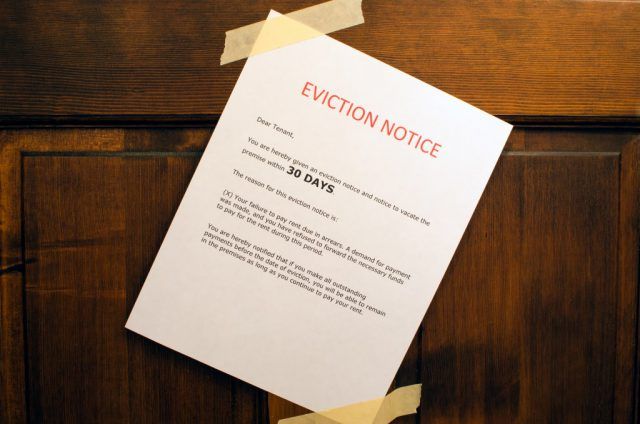Thousands of Landlords Face Unlimited Fines for Heat Network Negligence
Tens of thousands of landlords and developers could face unlimited fines because of a lack of awareness of the regulations surrounding heat networks, a leading compliance expert has warned.

Thousands of Landlords Face Unlimited Fines for Heat Network Negligence
Around 17,000 heat networks have gone through the process of registering sites with multiple tenants, but Michael Gallucci, the Managing Director of MPGQS, says that many more individuals and organisations have missed the deadline for notification.
“It is pretty clear that people are perplexed by the requirements for metering,” says Gallucci, whose company advises major residential property owners and managers on notification and boiler/MEP issues. “I would urge people to seek professional advice.”
He adds: “Although regulations are an administrative headache for agents and an unwelcome cost burden for landlords, managing the process well could help reduce energy bills and develop more efficient buildings.”
Gallucci warns that shifting deadlines, which create a “moving target” for compliance, did not help confusion in the sector.
He explains: “Managing agents must ensure their clients comply by reporting information about properties where residents are supplied with heating, cooling or hot water. They may also be required to install meters at occupier level, an obligation that’s set to roll out more widely in 2017, spreading the net of those who can be caught out. It’s complex but cannot be ignored. Non-compliance with any of the requirements to notify, meter and bill is a criminal offence that can lead to civil and criminal sanctions, including unlimited fines, not to mention damage to reputation.”
Driven by an EU target to cut greenhouse gas emissions from their 1990 levels by a fifth by 2020 and to raise standards in heat networks, the Government hopes that giving end users data should encourage them to reduce energy consumption.
Under the Heat Network (Metering and Billing) Regulations 2014, even a building owner or manager with a small sub-let is classed as a heating supplier if the tenant is charged for heating, cooling or hot water, whether it’s billed separately or included in the rent.
Such suppliers were required to notify the National Measurement and Regulation Office (NMRO) by the end of 2015. NMRO can impose civil sanctions for non-compliance with the notification requirements, including compliance notices or enforcement undertakings and financial penalties.
Gallucci warns that you could face substantial fines if:
- You haven’t already completed the notification
- You are involved in a new development or a major refurbishment and haven’t installed meters at occupier level
- You haven’t installed meters at building level on all existing properties that you manage or own
Landlords, make sure to check whether you have complied with these regulations!









